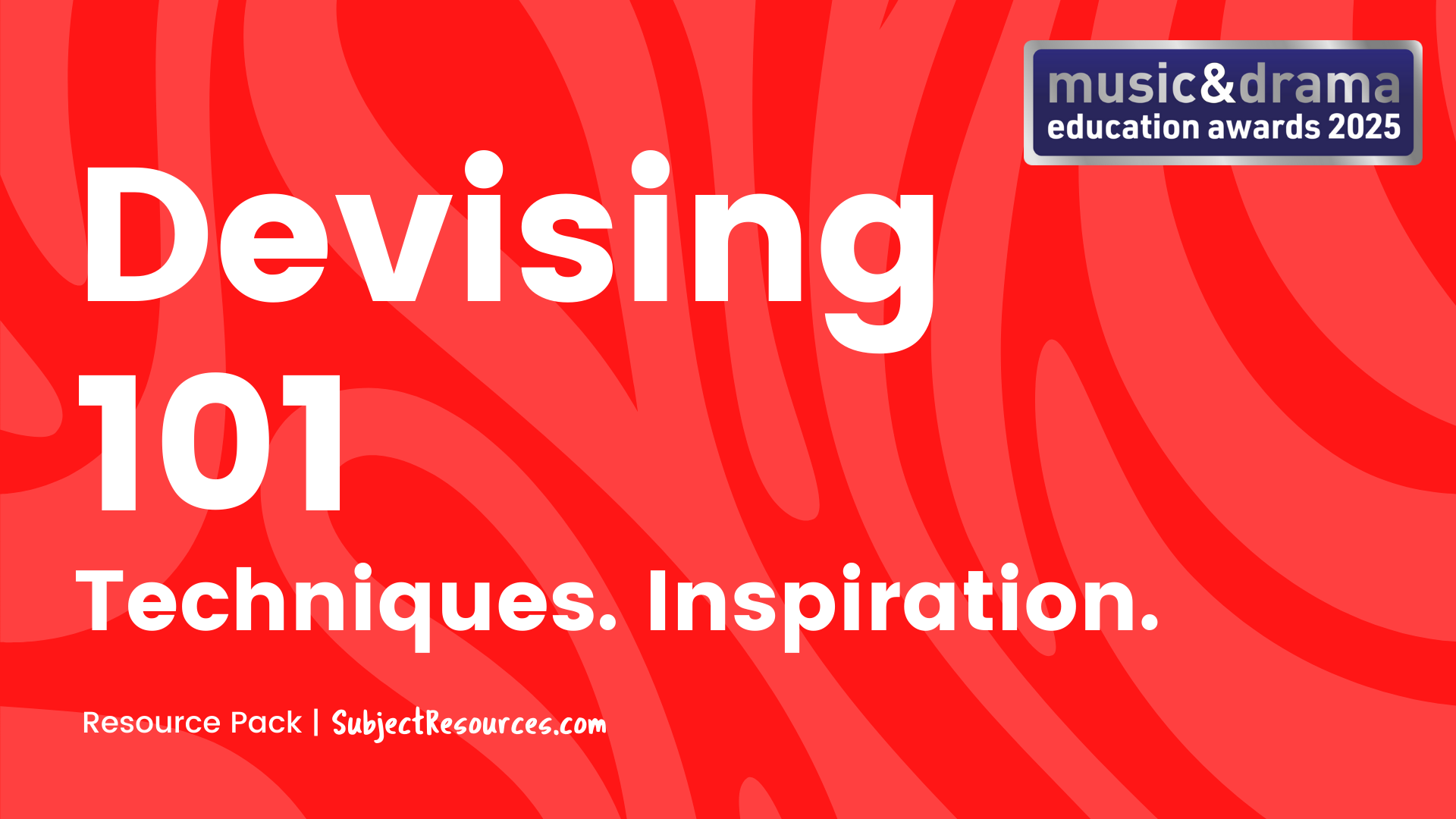Top 5 A Level Drama Rehearsal Techniques
Script analysis
Script analysis is an essential technique for any actor, as it involves studying the script to understand the story, characters, and themes. Actors can analyze the script by breaking it down into its various elements, such as the character's motivations, relationships, and conflicts. They can also analyze the language used in the script, including its tone, style, and rhythm. By analyzing the script, actors can gain a deeper understanding of their characters and the play as a whole, which can help them to deliver a more nuanced and convincing performance.Improvisation
Improvisation is an effective technique for A-level drama students as it helps them to develop their creativity and spontaneity. Improvisation involves creating scenes and dialogue on the spot without a pre-written script. This technique is particularly useful for developing the actors' ability to listen and respond to each other and to think quickly on their feet. It also helps actors to develop their character-building skills by exploring different ways their character might react to different situations.Blocking
Blocking refers to the physical movement of actors on stage. It involves determining where the actors should stand and move during the play. This technique helps actors to understand their spatial relationships with each other and with the set. It also helps actors to develop their physical expressions and body language. Actors can experiment with different blocking options during rehearsals to see what works best for the play.Character development exercises
Character development exercises can help actors better understand their character's backstory, personality, and motivations. They can involve exercises such as writing a character biography, improvising scenes from the character's past or exploring how the character might interact with other characters in the play. These exercises can help actors to develop a deeper understanding of their character, which can lead to a more convincing and nuanced performance.Rehearsal runs
Rehearsal runs involve rehearsing the play from start to finish, with all the technical elements, such as lighting and sound. This technique helps actors to get a feel for the pacing and flow of the play and to iron out any issues with the technical elements. It also helps actors to develop their stamina and focus as they work to maintain their performance throughout the play. Rehearsal runs also provide an opportunity for actors to experiment with different performance choices and to develop their confidence in their roles.
DOWNLOAD OUR DRAMA RESOURCES HERE
This pack contains techniques and methodologies from 23 leading theatre practitioners. This guide is perfect to help students with their GCSE and A Level Drama course content for devising and general revision. Each practitioner section contains a quick reference table of their most popular techniques for students to learn and apply to their own practice.
Practitioners included: Stanislavski, Artaud, Brecht, Meisner, Littlewood, Hagen, Grotowski, Berkoff, Kneehigh, Complicité, Punchdrunk, Jacques Lecoq, Peter Brook, Alecky Blythe, Dario Fo, Gecko, John Godber, Headlong, Nicholas Hytner, Splendid Productions, Handspring Puppetry, Katie Mitchell & Mike Leigh.
The pack is sent as a digital PDF document to your email after purchase. For A4 printed pack copies, please email us via the contact page.
Nominated for the ‘Outstanding Drama Education Resource’ Music & Drama Awards 2025!
This pack contains essential techniques, strategies and inspiration for students embarking on their Drama GCSE or A Level devising process. This guide is suited to GCSE and A Level students and supports their journey from stimuli to the final performance.
Contents Include: The Starting Point, Working with a Stimulus, Discussion & Planning, Research, Rehearsal Advice, Break the Ice, Aims & Objectives, Artistic Intentions, Style, Verbatim, Dislocated Dialogue, Creative Writing, Staging, Entrances & Exits, Newspaper Buffet, Image Theatre, The Elephant in the Room, Perspectives, Character Function, Engaging the Audience, Pace & Tension, Juxtaposition, Conscience Alley, Thought Tracking, Marking the Moment, Motif, Cross-cutting, Flashback, Narration, Role Play, Inspirational Quotes and 6-Week Devising Planner.
The pack is sent as a digital PDF document to your email after purchase. For A4 professionally printed copies, please email us via the contact page.


